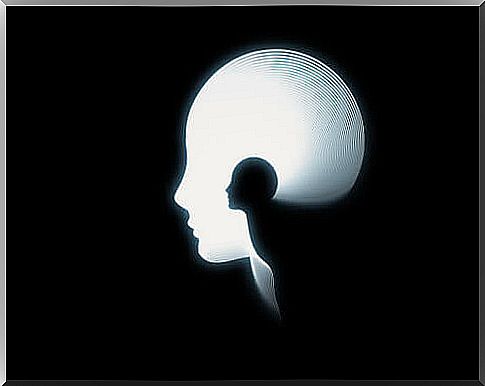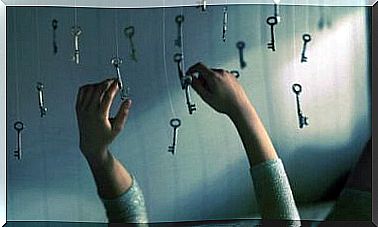The New Psychology Has Arrived

Psychology is not what it used to be. Doubts about its scientific integrity have been buried after years of research. Psychology is taking shape, and it is something that all psychologists and patients agree on is a good thing.
Beyond diagnostic labels that drive therapeutic work , psychology today wants to be more holistic. If you think you need help to walk easier, without the burden of guilt, sadness or resentment on your shoulders, you should take advantage of the new psychology.
Without forgetting scientific rigor, the main goal of the new psychology and its therapies is not just to cure mental illness. Psychological treatments are becoming more and more eclectic. They try to give patients the resources they need to prevent the problem from being such a negative force in their lives, so that they can find strength and spirituality.
Sometimes it is not about eliminating problems, but rather about strengthening our strengths. The more we become obsessed with the idea that something is wrong with us, something we must change immediately, the more anxious and weakened we feel over the burden of making this change.

Psychoanalysts have contributed important concepts to the relationship between patient and therapist, behaviorism has given us the tools to develop certain behavioral patterns and the cognitive model has provided us with the answer to the question: why do we process information as we do and why does our mindset always make us suffer?
All these movements in psychology, as well as other lesser known but just as important ones (existential psychology, gestalt therapy, the systemic model, etc.) have given us incredibly useful tools for creating a successful therapy.
There are many concrete problems that need to be solved by a specific type of therapy, such as problems with sleep, specific phobias, panic disorder, etc. But most go into therapy in search of something less specific, such as feeling better, reducing anxiety and bitterness, finding an existential perspective that can give them a more enjoyable life, etc.

To do this, we must integrate many different tools from the classical movements in psychology, but also emphasize the aspects that are in the spotlight of therapy today: values, experience avoidance, even relationship with their thoughts and feelings. We should also re-conceptualize human suffering and learn from Eastern philosophies.
Feeling good is not a requirement or something forced. Understanding that you can continue without feeling all that much is the first step towards moving forward and creating positive emotions with each step. New psychological therapies want to connect the patient with his feelings and thoughts to change their role in life.
If we look at our thoughts and feelings as outside observers, we will realize that they all fulfill an important function and that we should not run away as soon as they appear. They are part of our nature; we feel good when we live in the present without being upset about wanting something else.

When this happens, we feel as if everything fits, and we no longer fight for life. Instead, we flow with it when things we do are in line with our values and priorities. The new psychology tries to shift focus, place more emphasis on people and identify and use their strengths so that they can overcome their difficulties.









